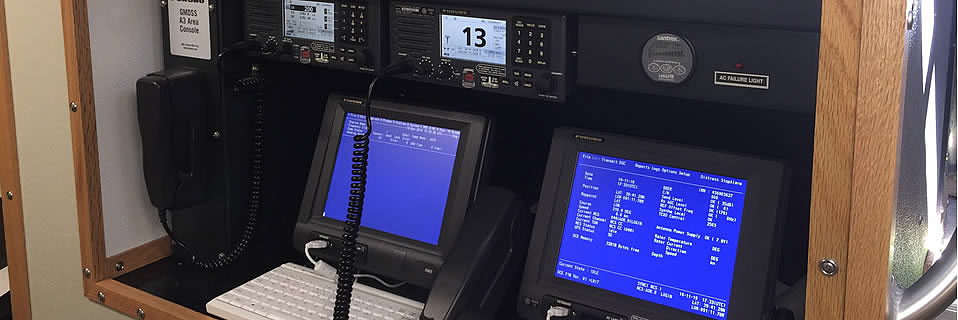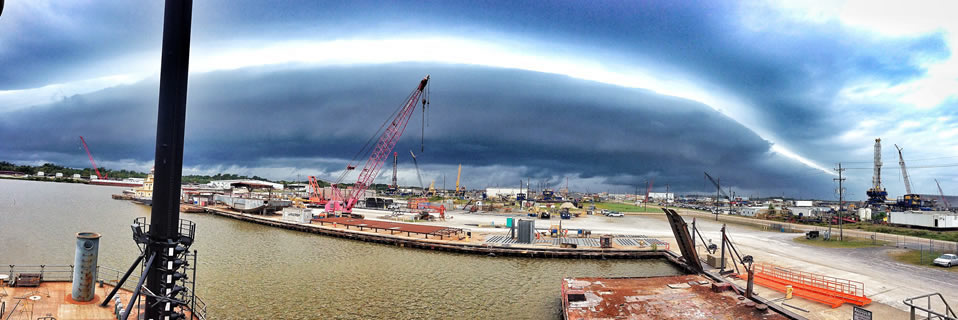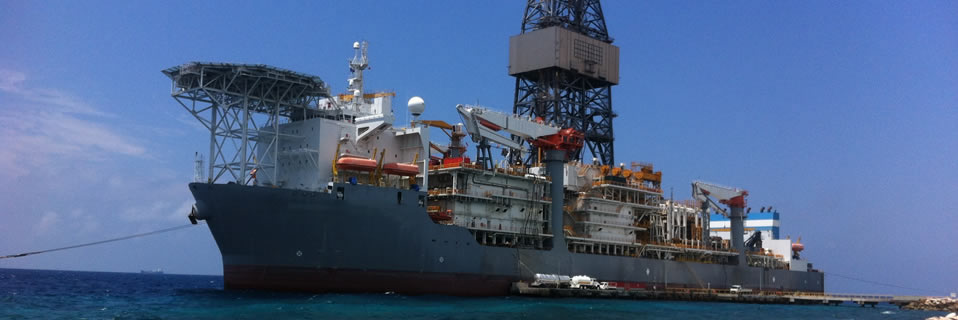Please wait.
FCC Inspections
INSPECTION AUTHORITY
Section 303(n) of the Communications Act of 1934, as amended, (Act) gives the Federal Communications Commission the "authority to inspect all radio installations associated with stations required to be licensed by any Act, or which the Commission by rule has authorized to operate without a license under section 307(e)(1), or which are subject to the provisions of any Act, treaty, or convention binding on the United States . . ." 47 U.S.C. 303(n) Both Section 303(n) of the Act, and the Rules which implement the Act, grant the right to inspect most radio operations to the Commission, and by delegated authority to the Commission's Bureaus and agents. The Enforcement Bureau conducts inspections of radio installations as part of the Bureau's function to "[e]nforce the Commission's Rules and Regulations." 47 CFR 0.111(a).
Both licensees and non-licensees must allow an FCC Agent to inspect their radio equipment. Along with the privilege of possessing a license come responsibilities such as knowing the applicable rules, including allowing the station to be inspected. Licensees should be aware of the Commission's right to inspect. Equally important, FCC Agents are allowed to inspect the radio equipment of non-licensees. Non-licensees include those individuals or entities operating in accordance with Part 15 of the Rules. Non-licensees also include those who should have a license to operate their equipment but have not obtained a license and are operating without authority.
Radio equipment is generally used in a commercial setting (e.g., commercial broadcast station, land mobile station, commercial delivery service) or a residential setting (e.g., amateur, citizen's band (CB) radio). Home-based businesses may also operate radio stations. This fact sheet addresses inspection of radio stations in both the commercial and residential settings.
Learn more about the Federal Communication Commission
ABS Inspection
INSPECTION AND VERIFICATION
ABS Group provides independent engineering inspection and verification for all project phases, from conceptual design to decommissioning. We apply a logical and value-added approach using good engineering practices applied to codes and standards to provide:
- Analyses to verify design integrity of associated systems and equipment for compliance with applicable design codes and standards, project specifications and underlying safety issues
- Criticality assessments to determine objectively where to focus verification activities
- Reviews and calculations to address design adequacy for materials, structural strength, piping, instrumentation, fluid flow hydraulics, flare gas dispersion and heat radiation
- Specialty services, including structural design and analysis, vibration assessment and mitigation
"ABS Group provides independent engineering inspection and verification for all project phases, from conceptual design to decommissioning."
We also provide a full-range of field inspection services, including both Third Party source inspection (TPI) for new construction projects and in-service inspection, including Risk Based Inspection (RBI), for existing assets during operation and shutdown to assess the condition, operation and efficiency of equipment.
Learn more about the American Bureau of Shipping (ABS)
Lloyd’s Inspection
OFFSHORE CLASSIFICATION
Classification ensures your offshore asset is designed, constructed and operated in compliance with our internationally recognised Rules for Offshore Units 2014
It can also meet part of the overall Statutory requirements for an asset, dependant on particular Flag and Coastal State requirements. In areas where goal-setting regulations are in place, classification and compliance with statutory regulation often forms part of the performance standards specified for a unit’s safety critical elements.
In many jurisdictions, classification is a requirement of either Flag or Coastal State regulation.
Offshore classification for new build vessels
Compliance with our Offshore Rules at the new construction stage ensures that your asset benefits from the 250+ years of LR’s experience in the provision of independent technical assurance and provides a well-understood specification recognised by shipyards, regulators and other project stakeholders.
In-service classification for offshore vessels
In-service classification ensures that a unit continues to be maintained in accordance with rule and statutory requirements and that an operator’s own integrity assurance processes are effective. It also provides assurance that the unit continues to be operated in accordance with its design intent.
Units designed, constructed and operated under the rules of other classification societies can also be considered for “Transfer of Class”. Units are maintained “in-Class” via an ongoing programme of survey and testing activities agreed with the operator intended to ensure that compliance with the Offshore Rules is maintained.
Classification of unique offshore designs
Where rule requirements may not be directly applicable to a particular unit (potentially where it is of unique or innovative design) assets can still be considered for classification, as long as proposed alternative standards are considered by LR to give an equivalent level of safety to the rule requirements.
World’s oldest Classification Society
LR is one of the world’s premier classification societies, and with over 250 years' experience in vessel classification, is widely recognised for its technical excellence and pragmatic approach to the application of our Rules. We are recognised by the International Association of Classification Societies (IACS) and many national regulators worldwide.
Learn more about Lloyd's Register



